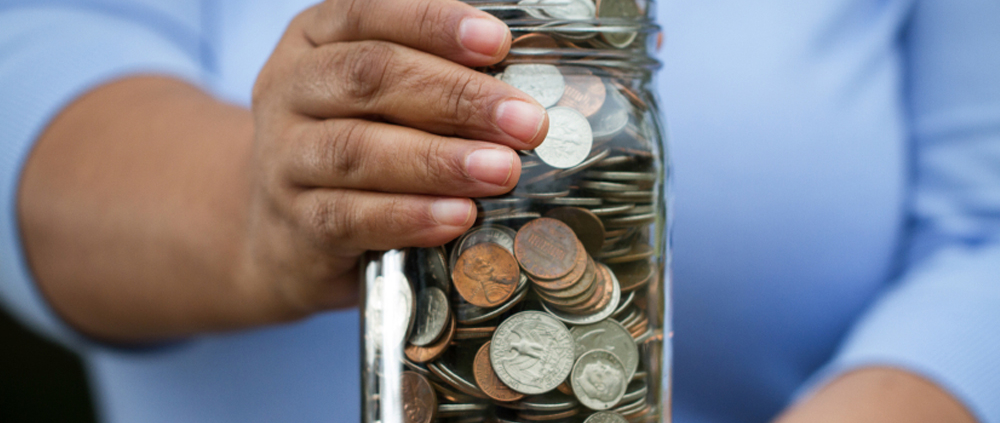The Emotional Trust Bank Account- A Key to Trust
(We are celebrating the release of LIFE’s new online course, “Rescuing Trust,” focusing our blog posts on ways to build trust in our blog posts.)
In our previous blog we focused on building trust through making and keeping promises. What you are really doing as you make and keep a promise to another person is making a deposit into that person’s emotional and trust bank account. We all have such an account and just as we are pleased to watch our financial bank account grow as deposits are made, it is equally satisfying when deposits are made into our Emotional and Trust accounts.

While you might see your account as a bank statement I choose to envision mine as a simple piggy bank, or even a coin bottle, and see coins being slipped into the slot on top and hearing the satisfying clink as they join other quarters, dimes, and silver dollars.
Making deposits into our partner’s Trust Account
Those deposits come not simply by making and keeping promises. You will also contribute to the account through spending quality time together; offering heartfelt acknowledgment and compliments, occasionally bringing home a special gift, sharing meaningful conversations, forgiving mistakes and hurts, remembering anniversaries and other special days, and many more deposits.
Notice on the second image a foundational deposit in highlighted font that will naturally lead you to many other deposits: Commit to yourself simply to not hurt other people’s feelings, then get in the habit of taking a moment before responding to someone in a stressful situation. I promise you that this can turn into a beautiful life-giving habit and will lead to a consistent flow of positive deposits into your spouse’s Trust Account.

By the way, there is big time interest paid on emotional bank accounts because when you make a deposit into someone else’s account, you inevitably make one into your own as well, and that’s important for your self-esteem and life view.
Painful withdrawals from the Trust Account
A bank account or a piggy bank implies that if there are deposits being made there likely are also some withdrawals that might happen. Yuck. I hate seeing my money bank account go down, but it is even worse being involved in a trust account withdrawal.
A withdrawal might be an unkind word, a missed opportunity to acknowledge another person, a broken promise, or a refusal to forgive. Or, in the simple terms I just mentioned, hurting another person’s feelings. In our human relationships we will all make deposits into and withdrawals from one another’s emotional and trust bank accounts. The key is to make significantly more deposits than withdrawals.
In our next post we will talk about a magical ratio to building trust: the 5:1 Rule.



